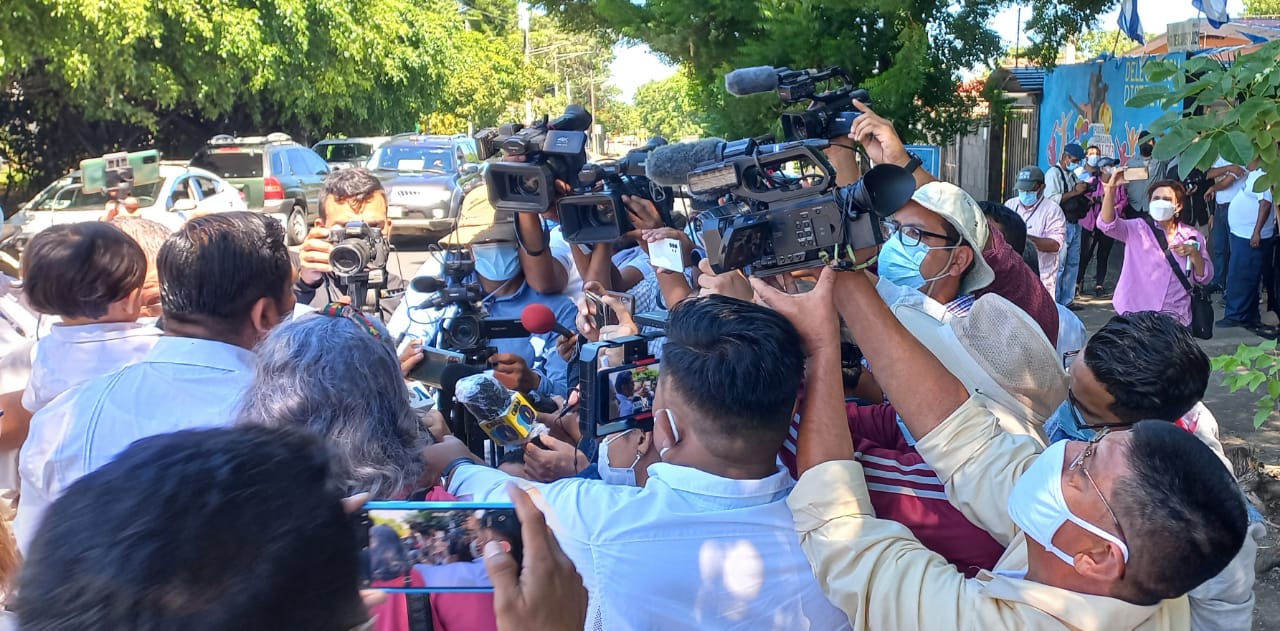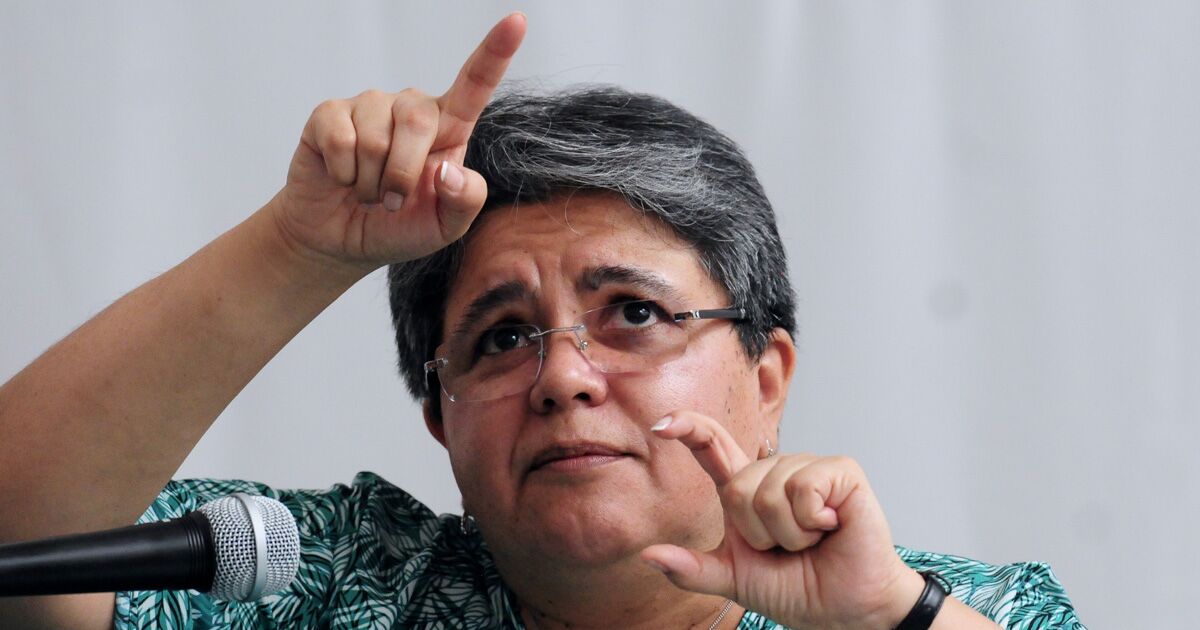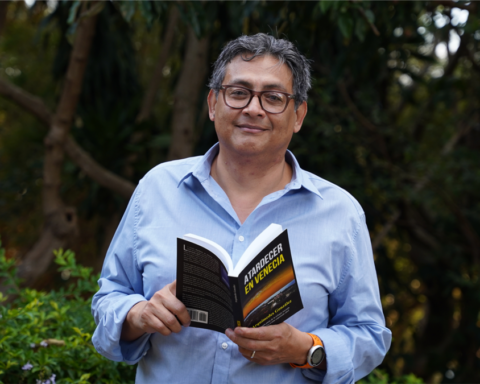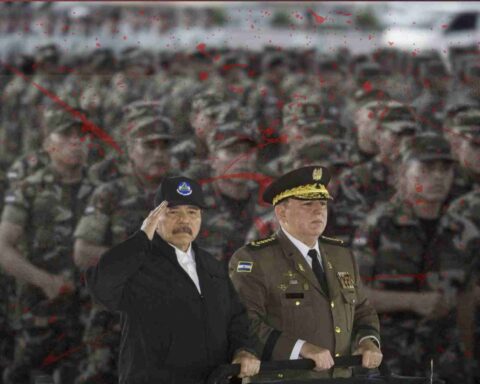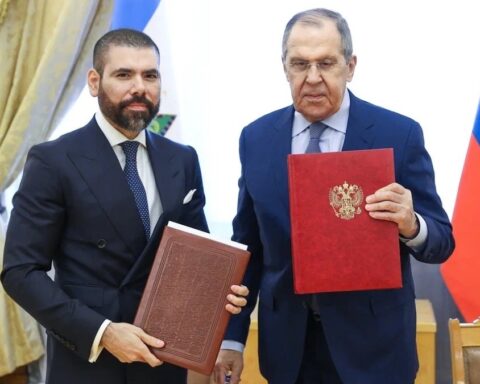The Observatory of Attacks on the Freedom of the Independent Press of Nicaragua of the trade organization Nicaraguan Independent Journalists and Communicators (PCIN) recorded and documented 175 attacks against freedom of expression and freedom of the press in the first 90 days of the year.
The report, presented this Thursday, April 21; It covers incidents in the months of January, February and March of this 2022. A total of 78 complaints were received: 18 in January, 34 in February and 26 in March.
“This period was marked by the convictions of Miguel Mendoza, Miguel Mora, Cristiana Chamorro, Pedro Joaquín Chamorro, Juan Lorenzo Holman Chamorro, Lester Alemán and Samantha Jirón,” the document states.
Related news: Migueliuth Sandoval to journalist Gahona: “My Angel is missing here”
The letter also takes up the onslaught of the Ortega-Murillo regime against civil society organizations that worked to defend freedom of the press and freedom of expression, such as the Association of Journalists of Nicaragua (APN), the Violeta Barrios de Chamorro Foundation (FVBCh ) and International Pen Nicaragua. “This violates the right of association and criminalizes the work of these organizations,” says PCIN.
«During this period at least 75 journalists were attacked; 61.3% being men and 38.7% women. The main aggressors identified are: The Police, the Judiciary, pro-government propagandists and people related to the FSLN (Sandinista National Liberation Front). Harassment (40 cases), stigmatization (35), physical and verbal attacks (17), threats (13) and judicial harassment (12) were the main types of attacks in this period », he adds.
The effects of Ortega’s repressive laws
In an additional PCIN report, it also analyzes the effects of the repressive laws of the dictatorship of Daniel Ortega and Rosario Murillo, such as the Foreign Agents Law; Special Cybercrime Law and the Sovereignty Law. These legal tools were used by the regime to persecute, imprison and convict opponents who criticized the management of the dictatorial couple.
“The authorities do everything possible to erase independent media from the radio spectrum. Audiences grow on the digital platforms of independent media that best take advantage of this possibility », he points out.
In the case of media clients and advertisers, the document highlights that a widespread loss has occurred. “The traditional business model has been severely fractured. It has become clear to the surviving companies and civil organizations how risky it is to advertise in independent media or programs,” the report reflects.
«The fabric of sources for analysis, consultation, opinions and information has suffered a severe blow in this period, and they have been forced to a strategy of self-censorship and off-the-record. The media face the legal dilemma that could imply inaccurate, inaccurate or out of context information », he adds.
The regime’s new policy has also reduced collaborative work between the media and journalists, but has increased the technical offer and training to the extent that freedom of expression has worsened.
“At this time, international cooperation is essential for the survival of local media and media in exile. Independent media try to supplement their income with other sources, but success stories are few at the moment », he concludes.

